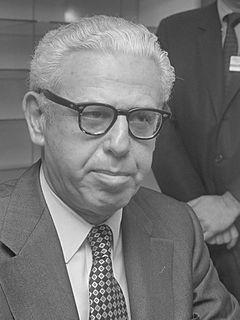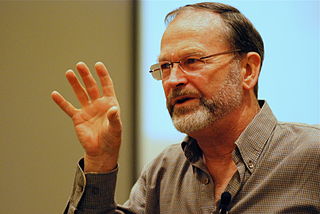A Quote by Nguyen Cao Ky
By fighting a limited, defensive war, America permitted the enemy to endlessly re-supply their field armies.
Related Quotes
We have an army for fighting as well as an army for labour. For fighting, we have the Eighth Route and New Fourth Armies but even they do a dual job, warfare and production. With these two kinds of armies, and with a fighting army skilled in these two tasks and in mass work, we can overcome our difficulties and defeat Japanese imperialism.
War means fighting. The business of the soldier is to fight. Armies are not called out to dig trenches, to throw up breastworks, to live in camps, but to find the enemy and strike him; to invade his country, and do him all possible damage in the shortest possible time. This will involve great destruction of life and property while it lasts; but such a war will of necessity be of brief continuance, and so would be an economy of life and property in the end.
Gold is not less but more rational than paper money. Money holds value so long as it is in limited supply; gold will always be in limited supply, and would require real resources to produce even from the sea; paper and printing ink are not in limited supply. The gold system is much closer to a modern automatic scientific control system than the crude and relatively unstable system of paper.
The participation if women in some armies in the world is in reality only symbolic. The talk about the role of Zionist women in fighting with the combat units of the enemy in the war of 5 June 1967 was intended more as propaganda than anything real or substantial. It was calculated to intensify and compound the adverse psychological effects of the war by exploiting the backward outlook of large sections of Arab society and their role in the community. The intention was to achieve adverse psychological effects by saying to Arabs that they were defeated, in 1967, by women.
It is a tough choice. In war, people die. But when we refuse to confront the enemy, we will face the enemy in New York and Washington, as we did on 9-11. As for responsiblity, of course we stand by our decision to go to war on Iraq. President Kennedy said that friend and foe alike should know where America stands.


































